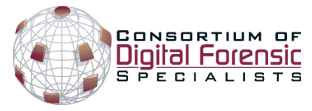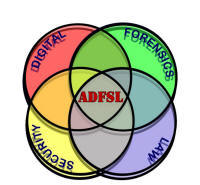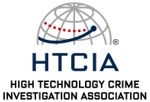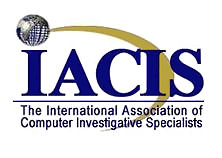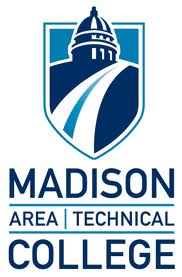History
In January 2008, a small group of concerned digital forensic professionals came together as an informal working group to address a resolution by the North Carolina Private Protective Services Board (PPSB) to regulate digital forensic practitioners under private investigator licensing. A letter advising against the PPSB Resolution was drafted, signed by working group participants, and submitted to the PPSB. Four of the signers personally presented the letter to PPSB directors. The presentation recommended against private investigator licensing, and attempted to enlighten the directors regarding the reasons why digital forensics examination and private investigation do not fit under the same umbrella. It also noted the private investigation licensing requirements lacked the requirements essential to digital forensic practitioners, including professional experience, training, education, proficiency, certification, ethical standards and continuing education.
Through this experience the informal working group became acutely aware of the detrimental impact such peripheral licensing attempts would have on the digital forensic industry and the public. A possible outcome is that it would keep qualified, competent professionals from providing their services only because they could not qualify to be licensed as private investigators. As a result, a second and more formal working group formed with digital forensic-related association board executives. It became the Consortium of Digital Forensic Specialists (CDFS) in May 2008.
Results
CDFS has continued to achieve a number of accomplishments such as assisting the American Bar Association (ABA) Section of Science & Technology to draft Resolution 301. This Resolution was presented by two CDFS participants and an ABA representative on November 2008 at an annual International Association of Security and investigation Regulators (IASIR) Conference membership includes 40 regulatory agencies or boards in 27 states. There, CDFS participants discussed ways that minimum competencies could be established. They determined that the missing element was an evaluative body to adjudge that a program or training “meets minimal standards” in the field, but neither pass judgment on whether the curriculum is good or bad nor provide any sort of competitive ranking. Participants agreed that CDFS could guide and have a positive impact on the profession.
The CDFS also reviewed, signed, and submitted letters opposing private investigator licensing in the states of Nevada and Texas, and provided educational materials and other support to individuals in North Carolina to address legislative activity initiated by the PPSB Resolution.
Organization Structure
CDFS is a not-for-profit corporation led by a Board of Directors. Executive management consists of a president, vice president, secretary, and treasurer. Collaborative efforts by CDFS members are managed via a committee structure comprising the following areas of focus:
Standards
Ethics
Advocacy
Outreach
Education and professional development
Membership is open to both organizations and individuals, each with varying rights and benefits of participation such as voting, committee involvement, or visibility on the CDFS website. Sponsorship opportunities also exist for individuals or organizations seeking additional CDFS benefits.
